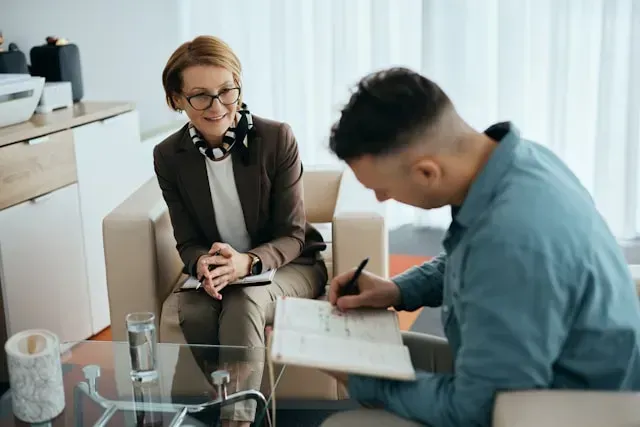
Mastering Essential Counseling Skills
Learn more about practicing and mastering the essential counseling skills that work to enhance rapport with clients and provide excellent clinical outcomes.
Get carepatron free

Learn more about practicing and mastering the essential counseling skills that work to enhance rapport with clients and provide excellent clinical outcomes.